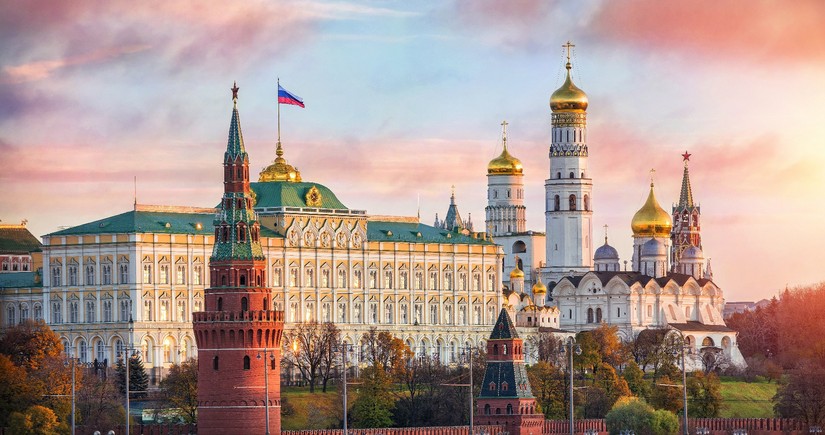Political lop-earedness or the imperial echoes of the Kremlin – ANALYSIS
- 05 September, 2025
- 19:21

In anatomy, protruding ears are described as lop-earedness. In political parlance, however, the expression "ears are sticking out" is used when someone's involvement in an event is too obvious to conceal. This phrase aptly characterizes Russia's recent policies, as new details continue to emerge about Moscow's anti-Azerbaijani actions.
Amid already strained relations between the two countries, it has now come to light that Russia played a role in blocking Azerbaijan"s accession to the Shanghai Cooperation Organization (SCO).
According to APA, citing diplomatic sources, the matter was raised during Russian-Indian political consultations. The two sides agreed that India would formally oppose Azerbaijan's membership, while Moscow would remain in the background.
This revelation is hardly surprising. The political skies over Russia have been clouded for a long time, and since December of last year, similar clouds have been gathering over Azerbaijani-Russian relations. It began when a missile downed an Azerbaijan Airlines (AZAL) civilian aircraft. Baku, as any sovereign state would, demanded both an apology and compensation.
Moscow, however, chose pressure over accountability instead of observing international law, moral norms and good neighborly relations.
Soon after, the international community was shocked by reports of violence against an Azerbaijani family in Yekaterinburg, where local "law enforcement officers" tortured the Safarov brothers to death. What followed was a broader campaign with pressure on the Azerbaijani diaspora and their businesses, bans on fruit and vegetable imports from Azerbaijan, aggressive rhetoric by propagandists, and other familiar Kremlin instruments of coercion. Following the Washington peace agreements of August 8 between Azerbaijan and Armenia, missile strikes targeted Azerbaijani-owned energy infrastructure in Ukraine.
Most recently, Moscow claimed it has no further obligations regarding the downed AZAL plane. Russian officials assert that they already fulfilled their responsibility by paying $11 million to the airline and $4 million in insurance to the families of victims.
For the uninformed, this might appear sufficient. Yet Azerbaijan's Foreign Ministry dismissed the Russian statement as a deliberate distortion. Ministry spokesperson Aykhan Hajizada clarified that while insurance payouts are contractual obligations of private companies, state-level compensation from the Russian government remains outstanding-exactly as required by the UN General Assembly's January 28, 2002 resolution "Responsibility of States for Internationally Wrongful Acts."
It is naïve to assume Moscow does not understand this. Russian officials are well aware that the deterioration in relations stems directly from the downing of the AZAL aircraft and the subsequent chain of events-not from the July 2025 arrest of 13 Russian nationals in Baku, as the Russian Foreign Ministry suggests. The chronology itself is unambiguous: the aircraft was destroyed in December 2024, the Safarov brothers killed in June 2025, well before the arrests of the Russian citizens suspected of definite crimes in Baku.
Instead of admitting responsibility for the deaths and paying the required compensation, Moscow now conditions normalization of relations on the release of its detained citizens.
In reality, it is Russia that bears the greatest cost of continued escalation. Its aggressive policies have left it increasingly isolated on the world stage. And while President Vladimir Putin speaks of the "fundamental nature of Azerbaijani-Russian relations and their eventual restoration," the Kremlin's actions, as throughout history, continue to reveal unmistakable imperial ambitions.
